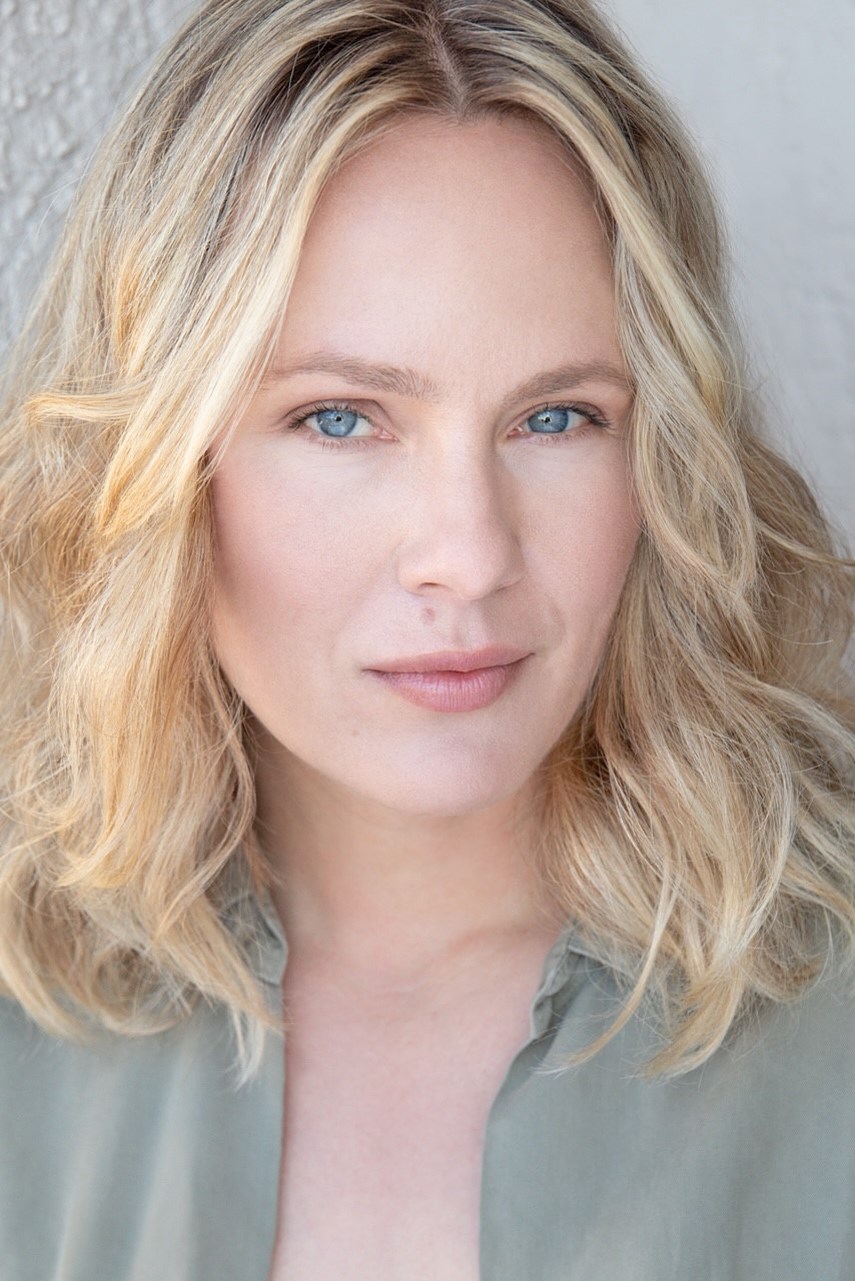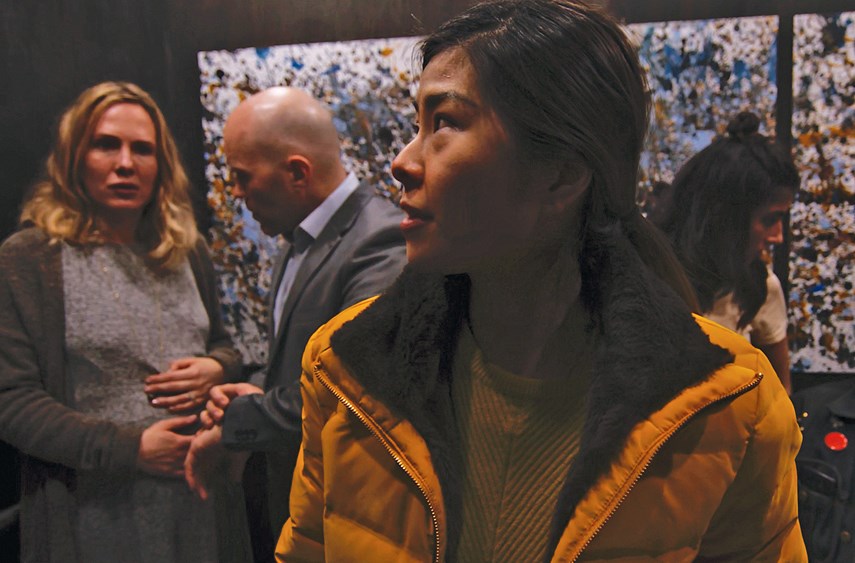Incidents of racism and a cautious wave of panic were on the rise, but the disease itself hadn’t yet spread far and wide.
That was back in what now seems the relatively carefree days of January. At the time, Vancouver filmmaker Mostafa Keshvari was riding an elevator when an idea came to him.
Dismayed at what he’d been reading in the news of xenophobic and racist incidents towards Asian communities across Canada, Keshvari pondered what would happen if a bunch of people were stuck in an elevator together and they suspected one of the other occupants had this new disease everyone was talking about.
Back then, what we all now know as COVID-19 was more likely referred to as coronavirus or, more insidiously, as “Wuhan virus” or “China virus.”
“At the time, we didn’t know it was going to be so big,” Keshvari told the North Shore News earlier this year. “As an independent filmmaker you have to think outside of the box, so I literally had to make this film in the box – in the elevator.”
Corona, a 63-minute feature film that hit the film festival circuit earlier this year and, as of Sept. 1, is now available on all major platforms, follows a group of people of varying backgrounds who get stuck in the elevator of their apartment building.
As rumours circulate that someone in the building has “Corona,” it’s the woman in the elevator with a Chinese background who bears the brunt of her neighbours’ fears and tensions after the group gets stranded.
Andrea Stefancikova, who graduated from Argyle Secondary, acts in Corona, in addition to having cast the seven-person ensemble.
“I wanted to cast diverse people who reflect how Vancouver looks,” says Stefancikova. “If there was a pandemic, what would it look like for all these people?”
In Corona, there’s no character names. Instead, the actors are playing rough archetypes – the landlord, the racist, and, in the case of Stefancikova’s character, the Pregnant Woman.

“It really keeps you on your toes,” says Stefancikova. “People just kind of go crazy. It’s just a wave of emotions.”
The film was completed quickly on a micro budget, says Stefancikova, adding that there was no formal script, just an outline that Keshvari had developed – equal parts chamber piece, horror movie, and social critique.
“We improvved the dialogue. There were certain things he wanted us to say that we had to say, but each character had their own life and backstory,” she says, noting the film was completed in one shot. “It really pulls the audience in and makes you feel like you’re a part of it.”
The movie, whose tagline reads “fear is a virus,” doesn’t look at the origins of COVID-19 so much as it explores issues of hate and racism especially in the early days of the pandemic.
“There’s this other responsibility where what we were shooting became the reality. The situation in the world became very serious. I know it may take some people a lot of time to watch the film,” says Stefancikova.
But it’s a film she hopes people do eventually take the time to watch. Even amid the scenes of chaos, paranoia and mistrust among the elevator occupants, eventually their humanity bubbles up during the uncertain episode, she says.
“Throughout the film they start to see the meaning of what truly matters,” says Stefancikova. “You want to love the people who are around you.”



